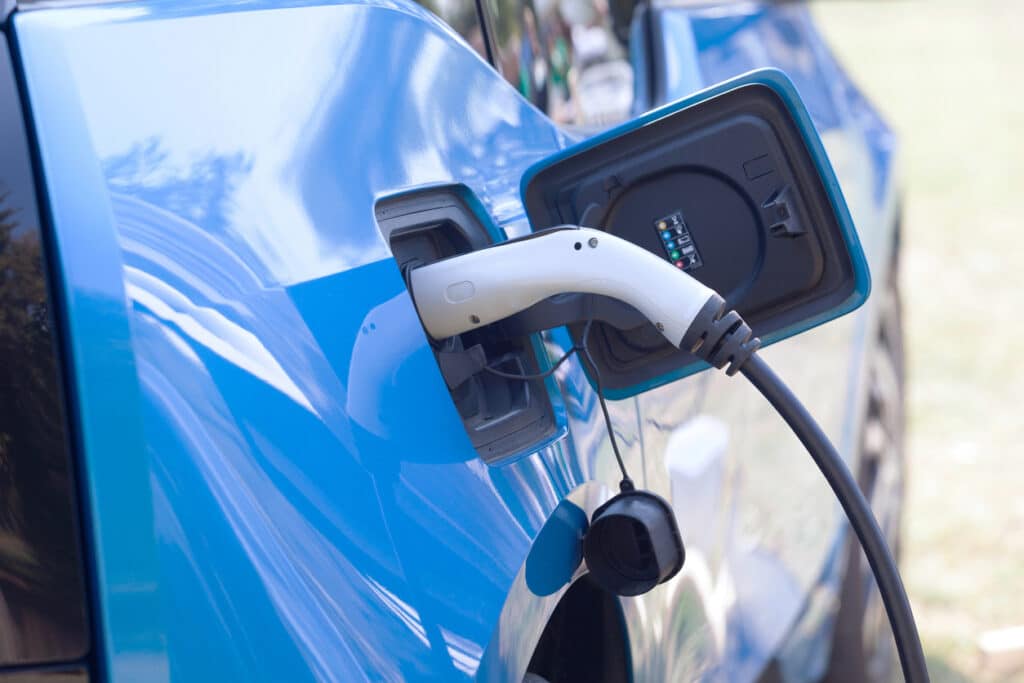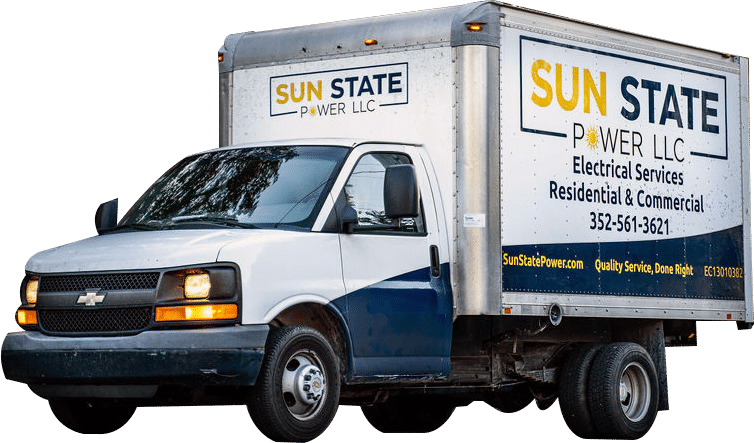Electric vehicles (EVs) offer convenience. You come home, plug in the charger, go inside, and relax. The important thing is that the charger you’re using provides all the miles you need, but it can be difficult to know exactly which type of charger is right for your vehicle.
Differences in Chargers
Most EV car owners have either a level 1 or level 2 charger. Level 3, or DC Fast Charge, is found at charging stations. It is possible to purchase a level 3 charger for home use, but it’s expensive, and using a level 3 charger too often can put excessive strain on the car’s battery.
- Level 1 charger – This type uses a 120-volt outlet, which is the standard outlet found in most homes across the United States. Level 1 chargers provide up to 4 miles per hour of charging and are best for car owners who don’t drive that often or who only drive a few miles at a time. Level 1 chargers take a long time to fully charge. They’ll take up to 10 hours for a PHEV and up to 30 hours for an EV.
- Level 2 charger – This is the best charger for most car owners. It uses a 240-volt outlet. An electrician can install the outlet in your garage if you don’t already have one. Level 2 chargers offer about 20 miles per hour of charging. Aside from getting more miles per charge, the benefit of the level 2 charger is that it fully charges in four to seven hours. This makes it easy for most people to charge the car overnight.
- Level 3 charger (found at charging stations) – This final type provides a 400- to 600-volt charge in as little as 20 minutes to half an hour.
Never Use an Extension Cord With an EV Charger
The cord that comes with most EVs resembles an extension cord, but it’s not. You never want to use an extension cord while charging the EV. Doing so can potentially be dangerous. It can lead to shock, and the extension cord can overheat. Furthermore, an extension cord can slow down the charging process so that it takes even longer for your vehicle to be fully ready.
Now for the Plug
If you never use a charging station, you only need one plug, the J1772 connector. However, you’ll most likely stop at a charging station at some point. To charge the car at a charging station, you’ll need one of two plugs. The CCS1 connector works with most non-Tesla EVs in the United States. The Tesla connector is for Tesla car owners who use Tesla charging stations. Sometimes, you’ll also need an adapter to use a particular charging station.
Buying an EV charger is simple and straightforward, but you still might have questions. Rest assured, we’re here for you. You can rely on our team of licensed electricians at Sun State Power LLC in Ocala, FL for proper EV charger installations and to answer any questions you may have. Call us today.



